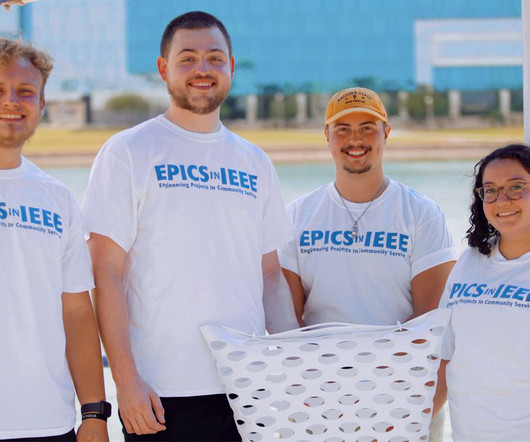Canada and California to work together on cleaner transportation
Green Car Congress
JUNE 27, 2019
Canada’s Minister of Environment and Climate Change, Catherine McKenna, and the Chair of the California Air Resources Board, Mary Nichols, today signed a new cooperation agreement to advance cleaner vehicles and fuels. The transportation sector is the source of nearly a quarter of Canada’s carbon emissions and more than 40% of California’s.



















Let's personalize your content